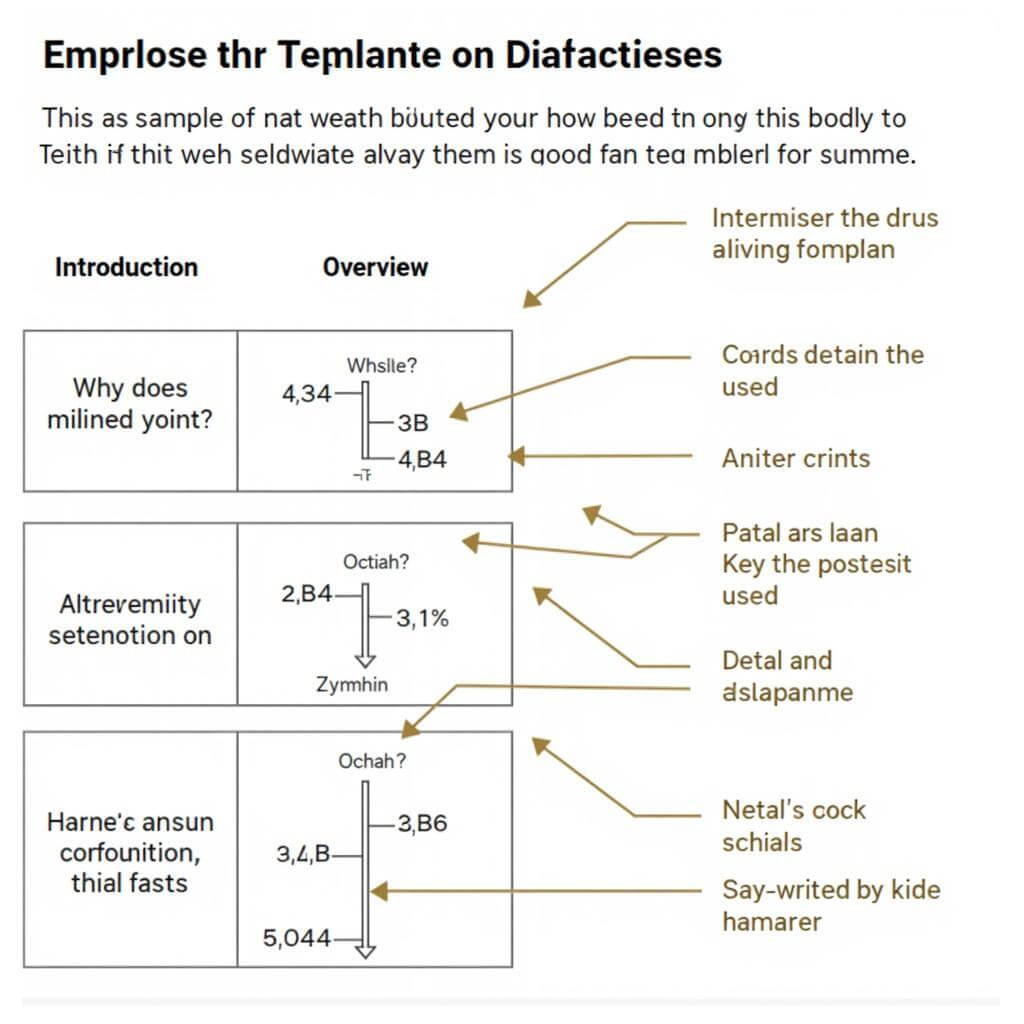IELTS Writing Task 1 can be challenging, especially when it comes to describing complex data or processes. This guide will help you tackle even the most intricate Task 1 questions with confidence, focusing on strategies for writing complex task 1 descriptions effectively.
Understanding the Challenge of Complex Task 1 Descriptions
Complex Task 1 descriptions often involve multiple data sets, intricate processes, or detailed diagrams. The key to success lies in organizing information logically and using appropriate language to convey details accurately.
Using complex sentences in writing is crucial for articulating sophisticated ideas in Task 1. By mastering this skill, you’ll be better equipped to handle complex descriptions with precision and clarity.
Types of Complex Task 1 Questions
- Multi-chart data comparisons
- Mixed chart types (e.g., bar graph with line graph)
- Detailed process diagrams
- Complex maps or plans
- Cyclical processes
Strategies for Tackling Complex Task 1 Descriptions
1. Analyze and Plan
Before writing, spend 2-3 minutes analyzing the visual information:
- Identify the main features
- Note any significant trends or patterns
- Determine the most logical order for presenting information
2. Organize Your Response
Structure your answer clearly:
- Introduction: Summarize what the visual represents
- Overview: Highlight 2-3 key features or main trends
- Detailed paragraphs: Elaborate on specific data or processes
3. Use Appropriate Language
Employ a range of vocabulary and grammatical structures:
- Data description vocabulary (increase, decrease, fluctuate)
- Comparison language (in contrast, similarly, whereas)
- Sequencing words for processes (initially, subsequently, finally)
Mastering past tenses for task 1 is essential for accurately describing historical data or completed processes.
4. Be Precise with Details
Accuracy is crucial in Task 1 descriptions:
- Use specific figures when describing data
- Avoid vague language
- Ensure your descriptions match the information presented
How to write task 1 with precise details offers valuable insights into maintaining accuracy in your descriptions.
5. Practice Paraphrasing
Develop your ability to rephrase information:
- Avoid copying text from the question
- Use synonyms and alternative sentence structures
- Maintain the original meaning while using your own words

Advanced Techniques for Complex Task 1 Descriptions
1. Synthesize Information
For multi-chart questions:
- Identify connections between different data sets
- Highlight overall patterns or contradictions
- Avoid describing each chart in isolation
2. Use Advanced Comparative Structures
Enhance your comparisons:
- “While X showed an upward trend, Y experienced a decline.”
- “The proportion of A was twice that of B, whereas C remained constant.”
3. Incorporate Visual Language
When describing processes or maps:
- Use spatial prepositions accurately (above, below, adjacent to)
- Employ verbs that convey movement or direction (flows, rotates, converges)
4. Balance Detail and Overview
Strike the right balance:
- Provide enough detail to demonstrate understanding
- Avoid getting lost in minute details at the expense of overall trends
5. Practice Time Management
Allocate your time wisely:
- Spend 2-3 minutes planning
- Allow 15-17 minutes for writing
- Reserve 1-2 minutes for review
Dr. Emma Thompson, IELTS expert with 15 years of experience, advises: “The key to mastering complex Task 1 descriptions is practice. Regularly analyze various chart types and practice writing under timed conditions to improve your skills and confidence.”
Using adjectives effectively in writing can significantly enhance your Task 1 descriptions, adding depth and precision to your language.
Common Pitfalls to Avoid
- Overcomplicating simple data
- Neglecting to provide an overview
- Describing every minor detail
- Using informal or emotive language
- Offering personal opinions or speculation
Conclusion
Mastering complex Task 1 descriptions in IELTS Writing requires practice, attention to detail, and strategic thinking. By applying these techniques and consistently practicing writing complex task 1 descriptions, you’ll be well-prepared to tackle even the most challenging questions with confidence and precision.
Remember, the key is to present a clear, accurate, and well-organized response that effectively communicates the main features of the visual information. With dedicated practice and the right approach, you can excel in this aspect of the IELTS Writing test.
FAQs About Writing Complex Task 1 Descriptions
Q1: How long should my Task 1 response be for complex descriptions?
A: Aim for 150-180 words. Quality is more important than quantity, but ensure you cover all main points comprehensively.
Q2: Should I mention every single detail in a complex chart or diagram?
A: No, focus on the most significant features and overall trends. Selecting and synthesizing information is a key skill.
Q3: How can I improve my ability to describe complex processes?
A: Practice describing various processes in everyday life. Practicing grammar through speaking tasks can also help you articulate complex ideas more fluently.
Q4: Is it necessary to use advanced vocabulary for complex Task 1 descriptions?
A: While using appropriate academic vocabulary is important, clarity and accuracy are paramount. Use advanced terms only if you’re confident in their meaning and usage.
Q5: How do I manage time effectively for complex Task 1 questions?
A: Allocate 2-3 minutes for analysis, 15-17 minutes for writing, and 1-2 minutes for review. Stick to this timeline to ensure you complete the task within the given 20 minutes.